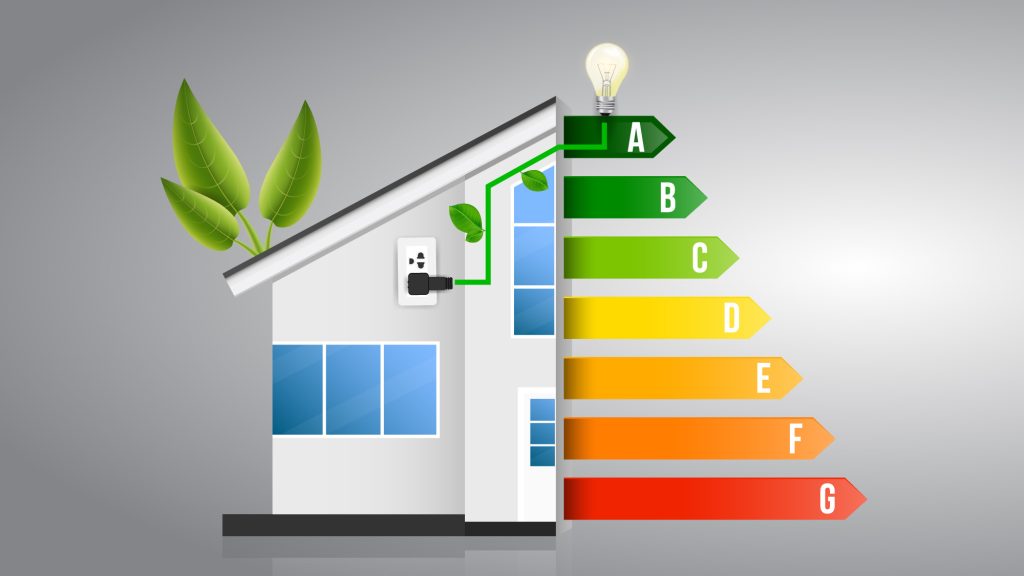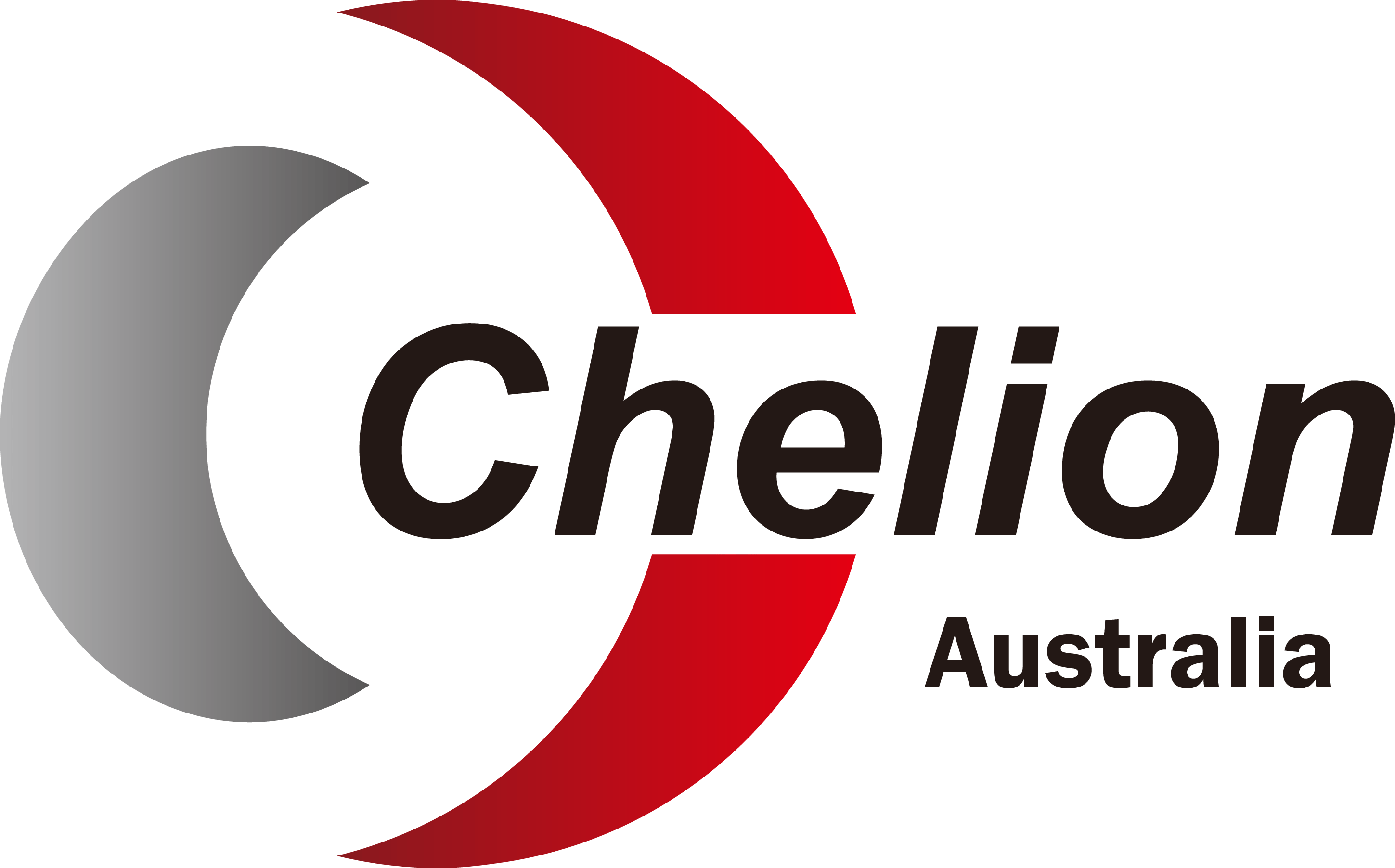In the fast-paced and ever-evolving landscape of modern business, sustainability has become more than just a buzzword—it’s a strategic imperative. Enterprises worldwide are recognizing the importance of energy efficiency not only as a means to reduce costs but also as a fundamental component of their corporate social responsibility and long-term viability. In this blog, we’ll explore how enterprises are redefining energy efficiency, the benefits it offers, and practical steps to integrate sustainable practices into business operations.
The Evolution of Energy Efficiency in Enterprises
Traditionally, energy efficiency in enterprises primarily focused on reducing operational costs through measures such as upgrading lighting systems, optimizing HVAC (heating, ventilation, and air conditioning) systems, and implementing energy management systems. While these initiatives remain crucial, the scope of energy efficiency has expanded to encompass a broader spectrum of considerations, including environmental impact, regulatory compliance, and stakeholder expectations.

Redefining Energy Efficiency: A Holistic Approach
1. Renewable Energy Adoption:
Enterprises are increasingly turning to renewable energy sources such as solar, wind, and hydropower to meet their electricity needs. By investing in onsite renewable energy generation or purchasing renewable energy credits (RECs), businesses can reduce their reliance on fossil fuels, lower carbon emissions, and contribute to a more sustainable energy future.
2. Energy Management Systems:
Advanced energy management systems leverage data analytics and automation to optimize energy usage, identify inefficiencies, and reduce waste across various operations. By monitoring energy consumption in real time and implementing smart controls, enterprises can achieve significant cost savings while minimizing their environmental footprint.
3. Sustainable Infrastructure:
Building or retrofitting facilities with energy-efficient features such as energy-efficient lighting, insulation, and HVAC systems can yield long-term benefits in terms of energy savings and environmental sustainability. Green building certifications such as LEED (Leadership in Energy and Environmental Design) provide frameworks for designing and constructing sustainable buildings that prioritize energy efficiency and occupant comfort.
4. Circular Economy Practices:
Embracing circular economy principles involves minimizing waste, maximizing resource efficiency, and designing products and processes for longevity and recyclability. Enterprises can adopt strategies such as product lifecycle management, closed-loop manufacturing, and waste-to-energy initiatives to reduce their environmental impact while creating value from waste streams.
The Business Case for Energy Efficiency
Beyond environmental stewardship, energy efficiency offers a myriad of benefits for enterprises:
1. Cost Savings:
Reducing energy consumption through efficiency measures directly translates into cost savings for businesses. By optimizing energy usage and investing in energy-efficient technologies, enterprises can lower their utility bills, improve their bottom line, and enhance competitiveness in the market.
2. Risk Mitigation:
Fluctuations in energy prices, regulatory changes, and supply chain disruptions pose risks to business operations. By diversifying energy sources, increasing energy resilience, and adopting sustainable practices, enterprises can mitigate these risks and build greater resilience against external shocks.
3. Enhanced Brand Reputation:
Consumers, investors, and employees are increasingly drawn to companies that demonstrate a commitment to sustainability and corporate social responsibility. By prioritizing energy efficiency and environmental sustainability, enterprises can enhance their brand reputation, attract top talent, and foster customer loyalty.
Practical Steps for Enterprises
Implementing an effective energy efficiency strategy requires a holistic approach and concerted effort across various departments and stakeholders:
1. Conduct a Comprehensive Energy Audit:
Start by assessing current energy usage patterns, identifying inefficiencies, and setting clear energy efficiency goals aligned with business objectives.
2. Invest in Energy-Efficient Technologies:
Explore opportunities to upgrade equipment, implement smart building technologies, and leverage IoT (Internet of Things) devices to optimize energy usage and reduce waste.
3. Educate and Empower Employees:
Engage employees through training programs, awareness campaigns, and incentive schemes to encourage energy-saving behaviors and foster a culture of sustainability within the organization.
4. Collaborate with Partners and Suppliers:
Forge partnerships with suppliers, contractors, and industry stakeholders to source sustainable materials, implement best practices, and drive innovation in energy efficiency technologies and solutions.
Conclusion
In an era defined by rapid technological advancement, shifting consumer preferences, and growing environmental concerns, enterprises must adapt and evolve to remain competitive and sustainable. Redefining energy efficiency is not just a matter of reducing costs—it’s about embracing a holistic approach to business operations that prioritizes environmental stewardship, social responsibility, and long-term value creation. By integrating sustainable practices into their core business strategies, enterprises can drive innovation, enhance resilience, and pave the way for a brighter and more sustainable future for generations to come.
